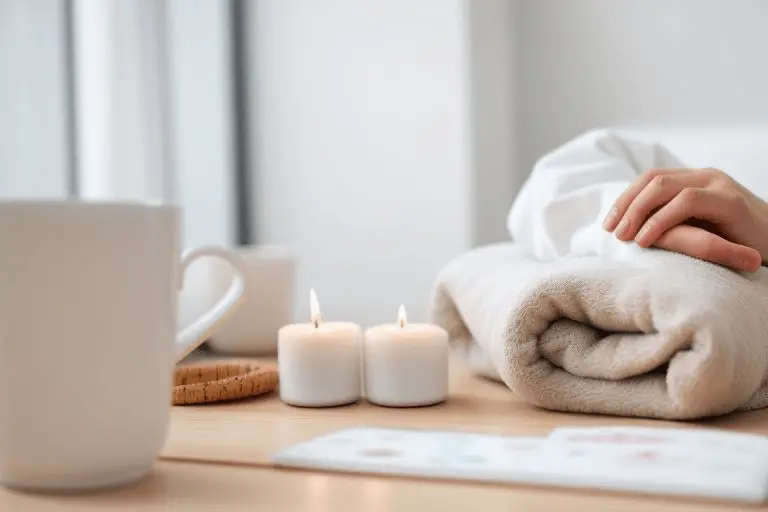In our fast-paced world, prioritizing mental health can often feel like a luxury. However, self-care isn’t about bubble baths and face masks (although those can be helpful too!). It’s about establishing practices that nurture your physical, emotional, and social well-being, building resilience against stress and anxiety, and fostering a sense of calm and clarity.
Why Self-Care Matters for Mental Health
Mental health is an integral part of overall health. Just like your physical body needs nourishment and rest to function optimally, so too does your mind. When you prioritize self-care, you’re equipping yourself with the tools to manage stress, cope with challenges, and navigate life’s inevitable ups and downs.
Here’s how self-care contributes to a healthy mind:
- Reduced Stress: Self-care activities like exercise, meditation, and spending time in nature are proven to lower stress hormones and promote relaxation.
- Improved Mood: Prioritizing sleep, healthy eating, and activities you enjoy can boost your mood and combat symptoms of depression and anxiety.
- Increased Self-Awareness: Practices like journaling and mindfulness can help you understand your emotions and develop healthy coping mechanisms.
- Greater Resilience: Self-care builds your emotional reserves, making you better equipped to handle difficult situations and bounce back from setbacks.
- Enhanced Self-Esteem: Taking care of yourself shows self-respect and can contribute to a positive self-image.
Building a Self-Care Routine
The beauty of self-care is that it’s personal. What works wonders for one person might not resonate with another. The key is to experiment and discover activities that leave you feeling refreshed, recharged, and centered. Here are some areas to consider:
- Physical Health:
- Regular exercise: Aim for at least 30 minutes of moderate-intensity exercise most days of the week.
- Healthy eating: Focus on a balanced diet that nourishes your body and mind.
- Quality sleep: Prioritize a consistent sleep schedule and create a relaxing bedtime routine.
- Emotional Wellbeing:
- Mindfulness practices: Meditation, yoga, and deep breathing exercises can promote relaxation and focus.
- Journaling: Writing down your thoughts and feelings can help you process emotions and gain self-awareness.
- Gratitude practice: Taking time to appreciate the good things in your life can boost positivity.
- Social Connection:
- Spend time with loved ones: Nurturing your relationships provides support and a sense of belonging.
- Set boundaries: Learn to say no to requests that drain your energy and prioritize healthy relationships.
- Consider therapy: If you’re struggling with mental health challenges, seeking professional help can be invaluable.
Tips for Making Self-Care a Habit:
- Start small: Don’t overwhelm yourself – begin with manageable self-care practices you can easily integrate into your routine.
- Find activities you enjoy: Self-care shouldn’t feel like a chore. Choose activities you genuinely look forward to.
- Schedule self-care time: Block out time in your calendar for self-care activities, just like you would for any other important appointment.
- Be kind to yourself: Don’t get discouraged if you miss a session or two. Self-care is a journey, not a destination.
- Celebrate your progress: Acknowledge and appreciate the positive impact self-care has on your mental health.
Remember: Self-care is not selfish. By taking care of yourself, you’re better equipped to handle life’s challenges, navigate your relationships effectively, and contribute positively to the world around you. Invest in your mental well-being and watch your overall quality of life flourish.



